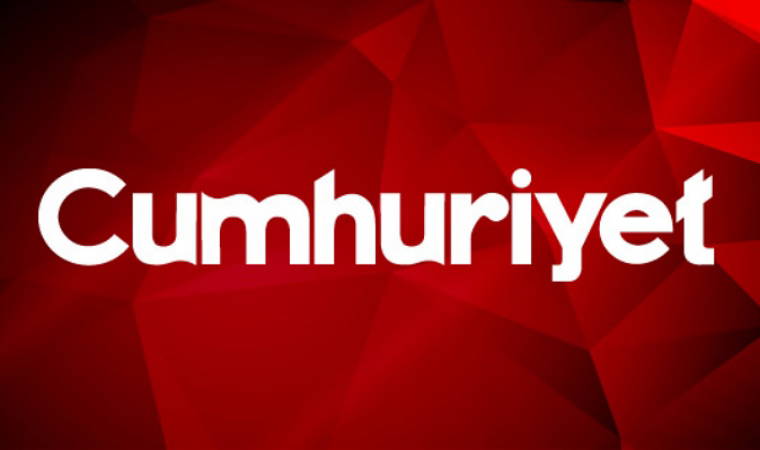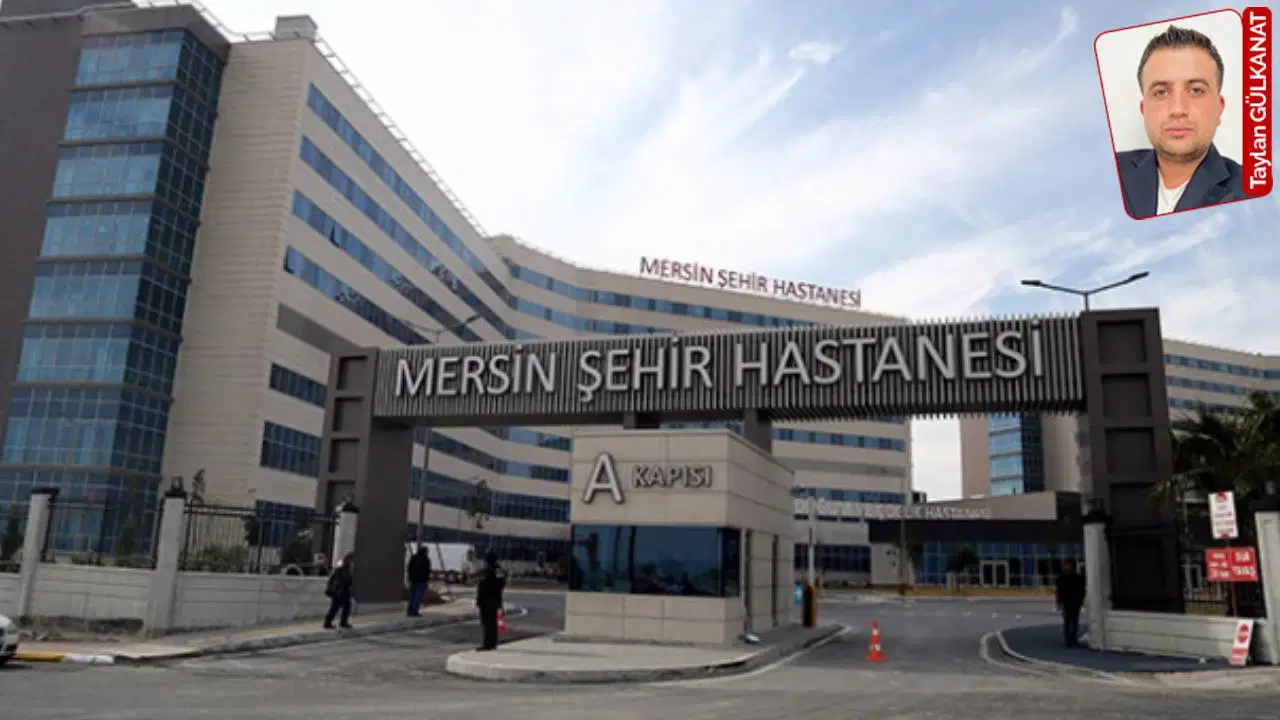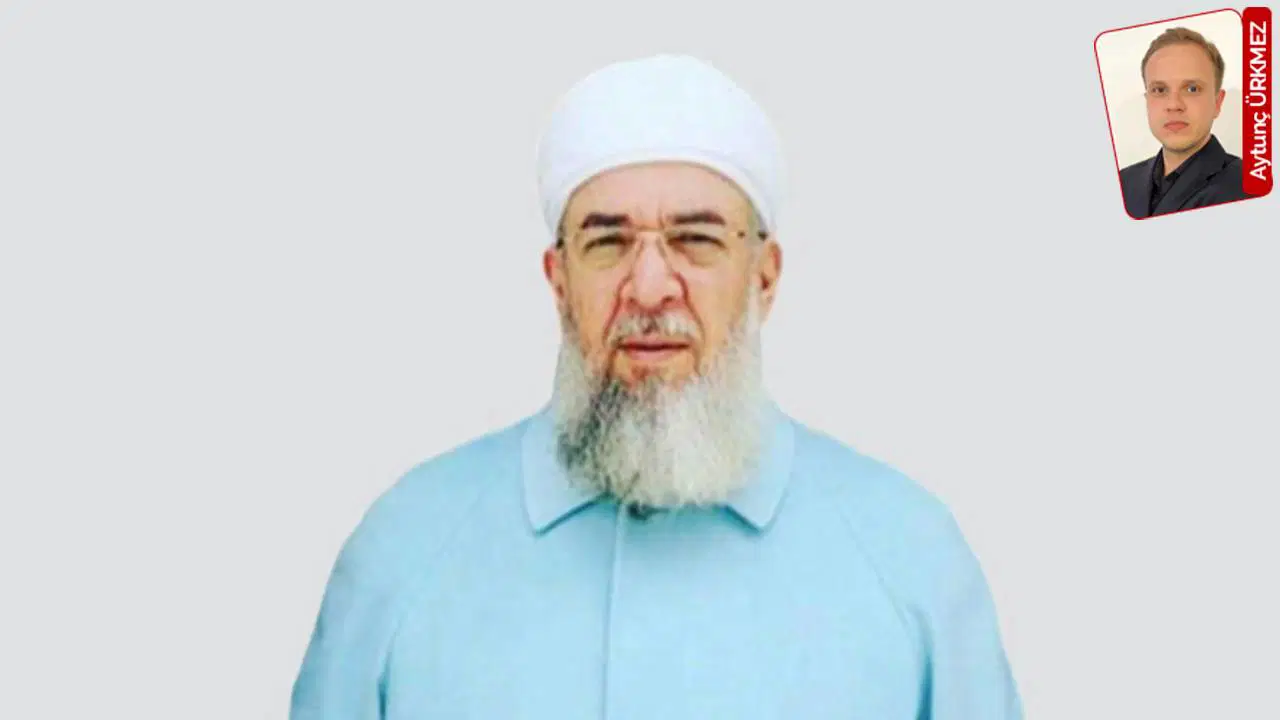 Speculation intensifies that Reza Zarrab, the Republic of Turkey citizen of Iranian origin who is in pre-trial detention in New York, has begun to impart information to the District Attorney's Office as part of a plea deal. A report broadcast on the US NBC station focused more on the possibility that US President Donald Trump’s former security adviser Michael Flynn had engaged in negotiations with the Turkish government to secure his release, than on the accusations raised against Zarrab of busting the embargo in place against Iran.
Speculation intensifies that Reza Zarrab, the Republic of Turkey citizen of Iranian origin who is in pre-trial detention in New York, has begun to impart information to the District Attorney's Office as part of a plea deal. A report broadcast on the US NBC station focused more on the possibility that US President Donald Trump’s former security adviser Michael Flynn had engaged in negotiations with the Turkish government to secure his release, than on the accusations raised against Zarrab of busting the embargo in place against Iran.
Interest in the trial may increase
It has been alleged in the US media that Flynn met Turkish government officials and made an agreement for 15 million dollars that covered the release of Zarrab in addition to the smuggling to Turkey of Fethullah Gülen, who resides in the state of Pennsylvania. Even if the former adviser’s lawyer has stringently denied such allegations, it is asserted that the information Zarrab can impart to prosecutors about the matter may strengthen the hand of special counsel Robert Mueller who is investigating Russia’s role in President Trump’s election campaign. According to the NBC report, a development of this nature may increase interest in the trial by the American public, which is largely unaware that Zarrab stands charged of busting the embargo in place against Iran, money laundering, deceiving US authorities and bribing Turkish government officials.
Information still not given
The absence of Zarrab and his lawyers from the pre-trial conference to discuss procedural issues in the trial set to commence on 27 November strengthens speculation that the defendant has struck a plea deal. US authorities are refraining from passing on information as to the whereabouts of the defendant and the conditions under which he is being held. The court judge Richard M. Berman left defence attorneys’ questions in this regard unanswered. Defence lawyer Cathy Fleming, visibly tense and criticising the government side for non-disclosure of the evidence it had submitted, also expressed displeasure at the connections being made in the media with Flynn’s investigation. Fleming, on being asked after the hearing as to whether Zarrab had struck a plea deal, saying there were guesses as to what had become of the defendant that she could not share, commented, “The only thing I can say is that we do not expect him to appear at trial.”
“I don’t know” not “No”
For his part, the other detained defendant in the eight-defendant case, Halkbank Deputy CEO Hakan Atilla, replied, “I don’t know” to the question directed at him from the spectators’ gallery as to whether Zarrab had struck a plea deal. As to the charges, he said, “None of these things spoken of is true.” Atilla, who arrived at the hearing in a navy blue short-sleeved T-shirt and with dishevelled hair, also referred to his innocence while leaving the courtroom decked with dark wooden panels accompanied by security: “I don’t know how I have ended up a defendant in this trial.”
FETO sensitivity
The judge, asking that the experts who would be consulted for their views be selected with care, said the list currently contained two names from the district attorney’s office, while on the government side there were more than two names including one who was an official having conducted intelligence work, and the persons had to have knowledge of matters such as the Turkish language and cultural nuances. The judge added that, at the same time, it would be good if one of the experts could be heard with a view to knowing how the dispute between Fethullah Gülen and the government would affect the case.
Technological solution for witness testimony
On the other hand, Atilla’s attorney Victor Rocco, stating that four witnesses who were Republic of Turkey citizens whom they wished to call to testify at the trial were refusing to travel to the USA without being granted “safe passage” for fear of being detained, asked for the court’s assistance. Judge Berman, in turn, pointing to time constraints, recommended that the parties get the sources they are in contact with to negotiate with one another and try to surmount the bureaucratic hurdles and said that testimony obtained via video may be adequate. However, Assistant Attorney Michael Lockhard, recalling that the permission of the Republic of Turkey Ministry of Justice was required, stated that they had made an official application and were awaiting the reply. Selection of the jury to serve on the trial will done on Monday. Despite Atilla’s defence counsel having sent the questions they have requested be asked of candidates, they obtained approval from the court for supplementary questions. Zarrab’s team, conversely, made no such filing within the allotted time. A final pre-trial conference will be held on Tuesday for the purpose of completion by the parties of the list of witnesses and experts and settling such technical matters as which evidence will be disclosed and in what manner before the trial commences.
“You will make an informant of my citizen”
President Tayyip Erdoğan made some striking pronouncements on the Zarrab case in his 12 October speech in which he poured oil on the visa crisis with the USA: “You will detain the deputy manager of my own bank with him having no guilt. On the other hand, you will take my citizen while adducing nothing and it lasts two years. You will wish to try him and use him as an informant.”
They will hear intercepted calls
For a defendant to strike a plea deal in the US, they must provide prosecutors with the minutest details about the accomplices with whom and the arrangements and motives whereby they committed the crimes they are charged with. From comments made by Atilla’s lawyers, whether or not Zarrab appears in court, he will have to dispel before the jury the accusations set out in detail in the 54-page indictment and supported by certain postal contents sent between 2010 and 2015 and telephone conversations. Judge Berman declared inadmissible as evidence two of Zarrab’s letters about “economic jihad”, one of them signed, written with reference to Iranian President Ahmadinejad and the Iranian Central Bank. However, he approved the playing of recorded phone calls to the jury or their being translated into English on condition that this is proven to be necessary and proportional to the charges. That the sound recordings in question also cover 2015 gives an indication that the work of US intelligence officials in Turkey in connection with the charges has actually been long running.
“A complex trial”
According to CHP representative Yurter Özcan, who has been following the case closely, the method put forward by the court for hearing the witnesses from Turkey is not a practical solution. Özcan, saying, “It will be hard to clarify such details as how and on what the witnesses are to take oath, where their testimony is to be taken and in whose company it will be taken,” pointed to the difficulty surrounding the sound conducting of the trial: “We are faced with a trial whose operation in technical terms will be as complex as its content.”















